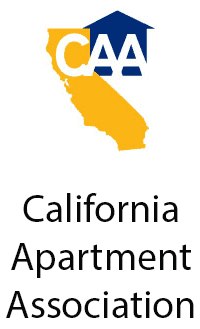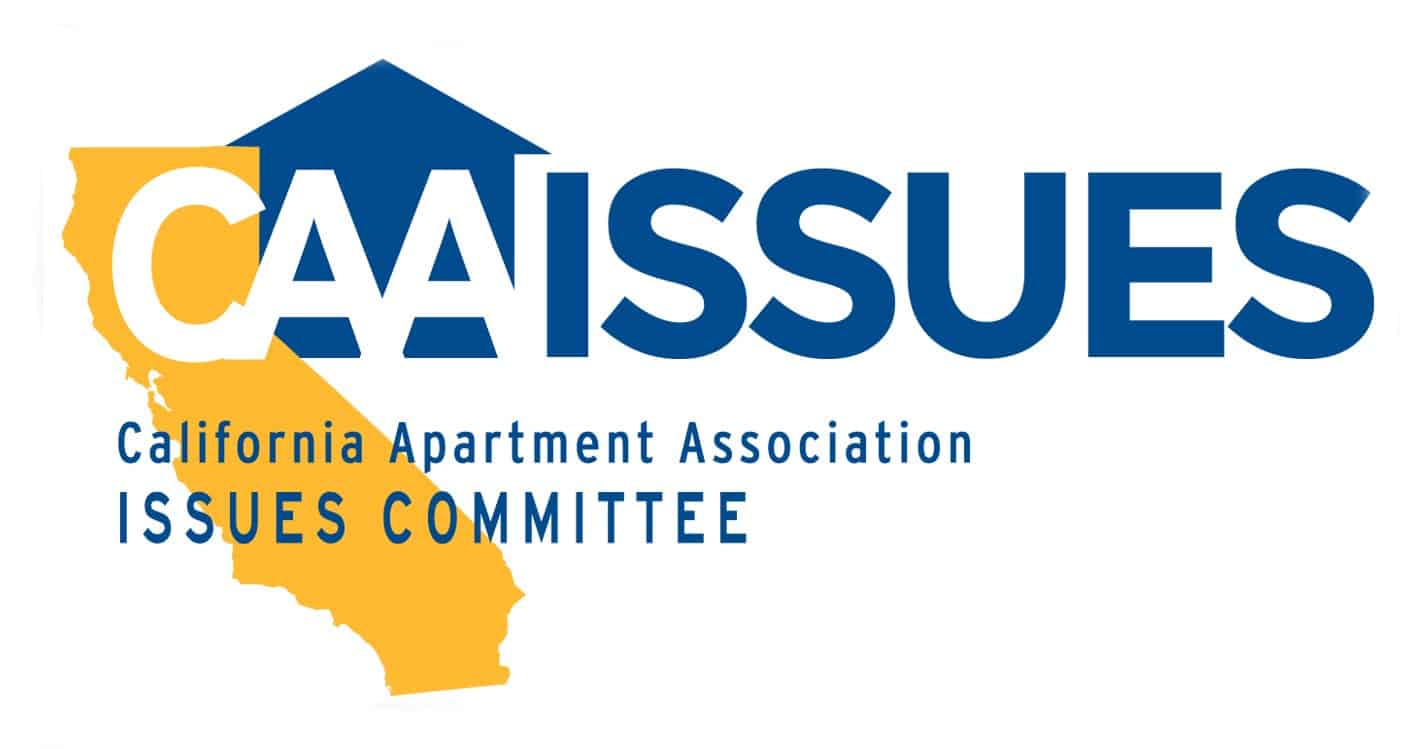Follow-up legislation signed by Gov. Newsom today clarifies what legislators and the governor promised: Landlords will be paid a full 80% of the rent owed during the COVID-19 pandemic.
Previously signed legislation, SB 91, was not clear on this point, providing that landlords would be paid “up to” 80%. At the request of the California Apartment Association, legislators created AB 81 to clarify the law.
“Many of our members have gone nearly a year without being paid for the housing they provide,” said Debra Carlton, executive vice president of state public affairs. “The clarification provided by AB 81 gives added comfort to the industry.”
SB 91 provides a framework for distributing $2.6 billion in federal funds to help qualifying, COVID-19 impacted renters cover unpaid rent accumulated between April 1 of last year and March 31, 2021.
To qualify for the federal dollars, the unpaid rent must be owed by a tenant with a household income at or below 80% of the area median income in 2020 or at the time of application. The state must first prioritize dollars for lower-income tenants — those earning up to 50% of AMI. Landlords and tenants can begin applying for those dollars beginning in March 2021. CAA will provide an exact date when it is available, as well as links to the application.
To receive the full 80% of rent owed, the tenant must qualify, and the housing provider must agree to forgive the remaining 20% of rent owed. The federal funds will be paid directly to the landlord. Owners who decline to participate will not receive the 80%, however, the tenant can apply for assistance independently and receive funds to pay up to 25% of the rent owed.
Additional federal dollars may be available to help cover unpaid rent through June of this year.
In addition to providing rental assistance, SB 91 extended California’s COVID-19 Tenant Relief Act. Under the extension, COVID-19 affected tenants now have until June 30 to pay 25% of back rent accrued since Sept. 1, 2020. Renters can meet the 25% payment obligation using the government dollars provided through SB 91.
SB 91 still does not address situations in which tenants refuse to cooperate with landlords seeking rental assistance, or tenants who make more than 80 percent AMI but cannot or will not pay their rent. CAA continues to work with lawmakers to address these deficiencies in SB 91.


